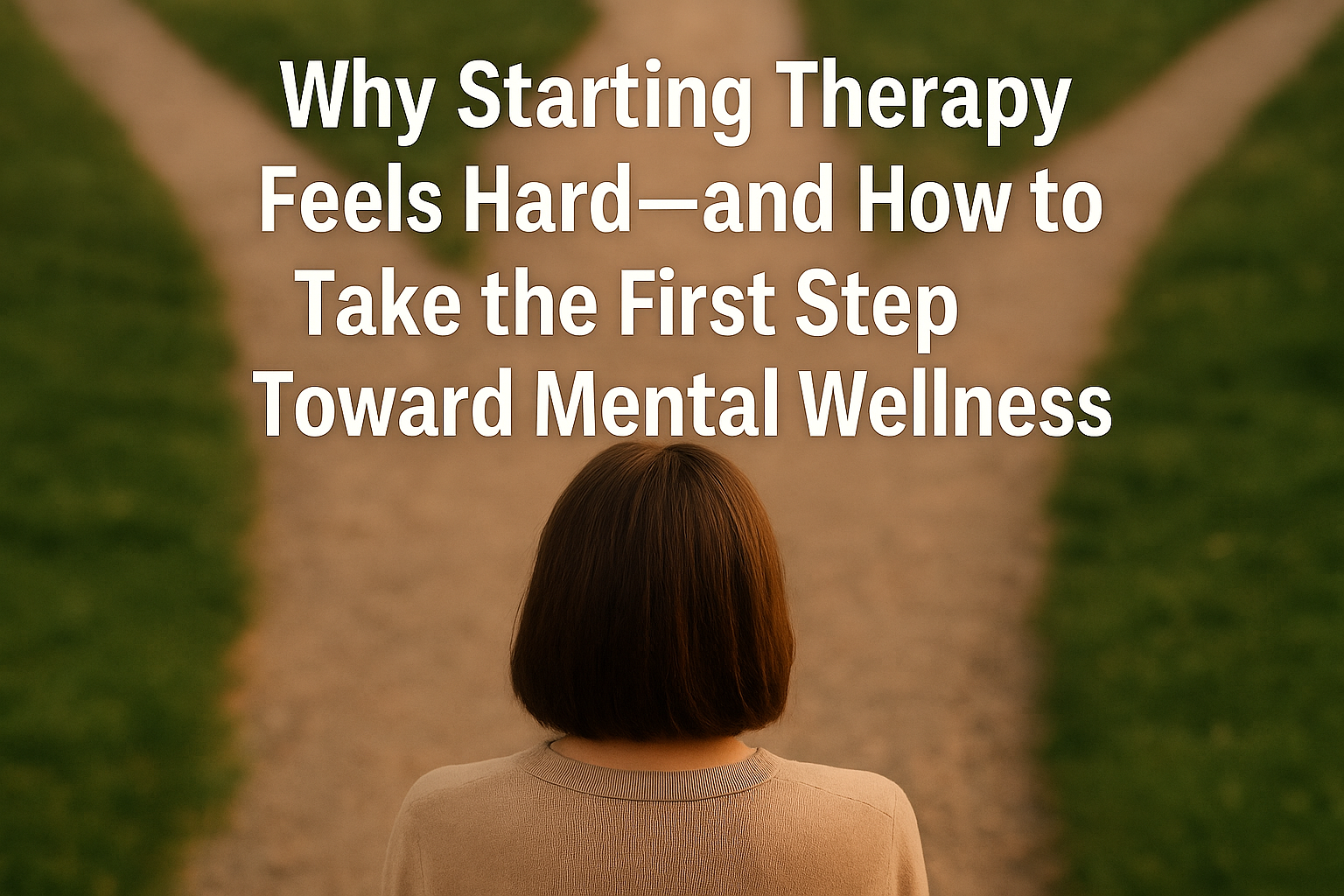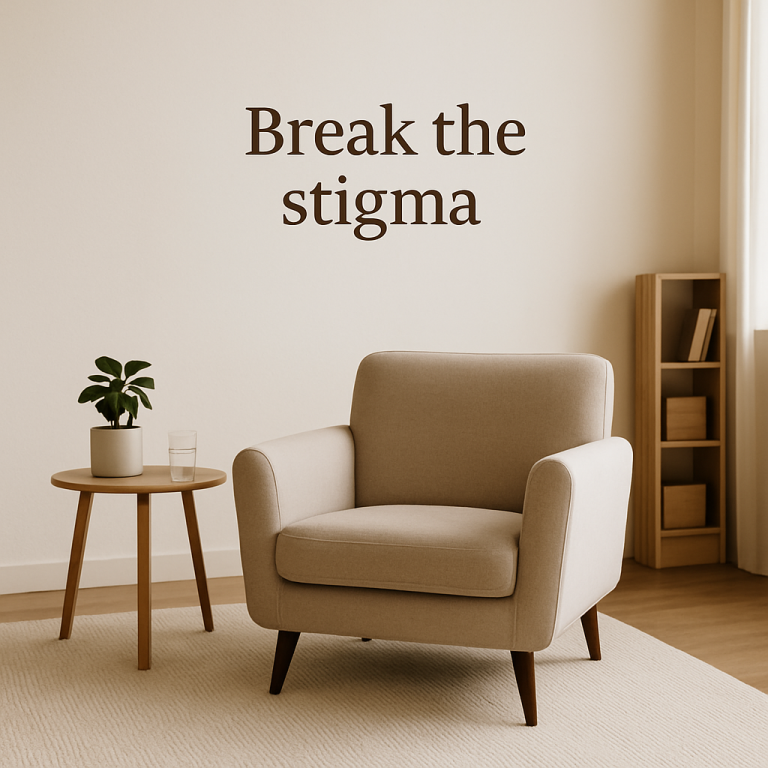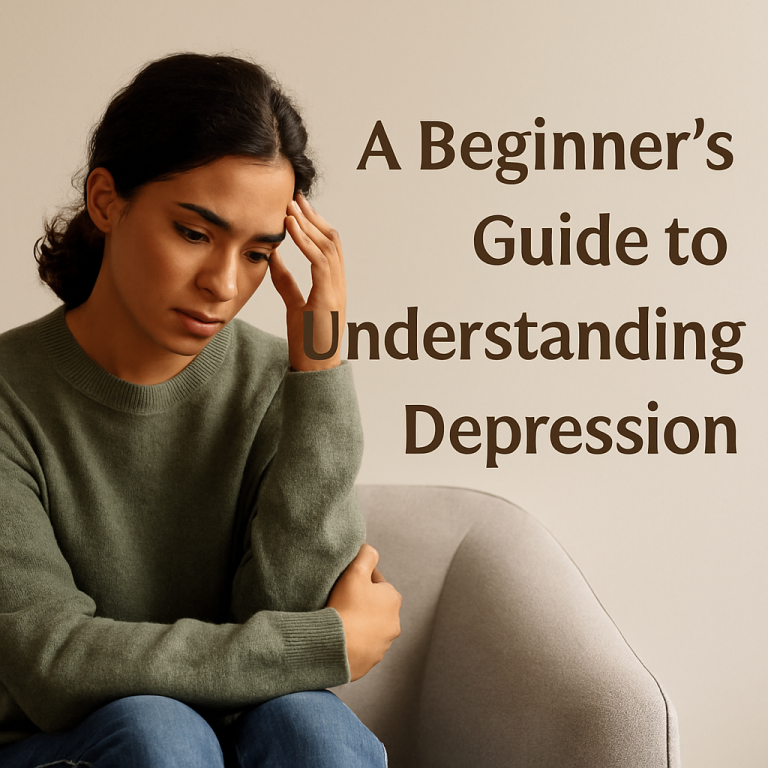Meta Description: Many people know counseling could help but struggle to begin. Learn about the most common obstacles to starting therapy and how to overcome them.
“I Know Therapy Could Help, But…” — Understanding the Hesitation
Many people recognize the benefits of therapy—reduced anxiety, improved relationships, better coping tools—but still find themselves stuck at the starting line. They know they need support, yet they can’t seem to make that first appointment. If this sounds familiar, you’re not alone.
In fact, it’s incredibly common for people to delay therapy, sometimes for months or even years. Understanding the internal and external barriers that prevent people from starting counseling is the first step to overcoming them.
Common Obstacles to Starting Therapy
- Stigma Around Mental Health: Despite growing awareness, many people still feel shame or embarrassment about seeking therapy. Cultural, generational, or personal beliefs can reinforce the idea that needing help is a weakness.
- Fear of Vulnerability: Opening up to a stranger—even a trained professional—can feel terrifying. Many fear judgment, emotional overwhelm, or not knowing what to say.
- Financial Concerns: Therapy can be seen as a luxury, especially if insurance coverage is limited or out-of-pocket costs are high.
- Time and Scheduling Barriers: With busy work and family schedules, carving out time for regular therapy sessions may feel impossible.
- Analysis Paralysis: With so many therapists, modalities, and platforms out there, some people feel overwhelmed and unsure where to begin.
How to Overcome These Obstacles
- Reframe Therapy as Self-Respect, Not Weakness: Taking care of your mental health is no different from going to the gym or seeing a doctor. It’s a courageous act of self-care, not a sign of failure.
- Start with Small, Manageable Steps: You don’t have to commit to lifelong therapy. Just start with one inquiry, one consultation, or even one journaling prompt to explore what you’re feeling.
- Explore Affordable Options: Many communities offer sliding-scale fees, virtual therapy, or nonprofit clinics. Don’t be afraid to ask providers about payment plans or reduced rates.
- Use Online Directories: Websites like Psychology Today or TherapyDen make it easy to search by specialty, insurance, or availability. Look for bios that resonate with you.
- Be Honest About the Fear: Tell your therapist if you’re nervous about starting. A good counselor will help ease you in at your pace without pressure.
You Don’t Have to Have It All Figured Out
One of the biggest misconceptions is that you need to know exactly what’s “wrong” before going to therapy. The truth? Many people come to counseling just feeling overwhelmed, stuck, or unsure of what they need. And that’s perfectly okay.
Your therapist’s job is to help you explore, understand, and grow. You don’t need a diagnosis to deserve support.
Ready to Take the First Step?
At WNY Circle of Life Coaching, we provide a safe, compassionate space for individuals ready to explore their mental, emotional, and spiritual well-being. Whether you’re managing anxiety, healing from trauma, or just navigating life’s complexities—we’re here when you’re ready.
📞 Book your FREE session today. One small step could lead to real change.




